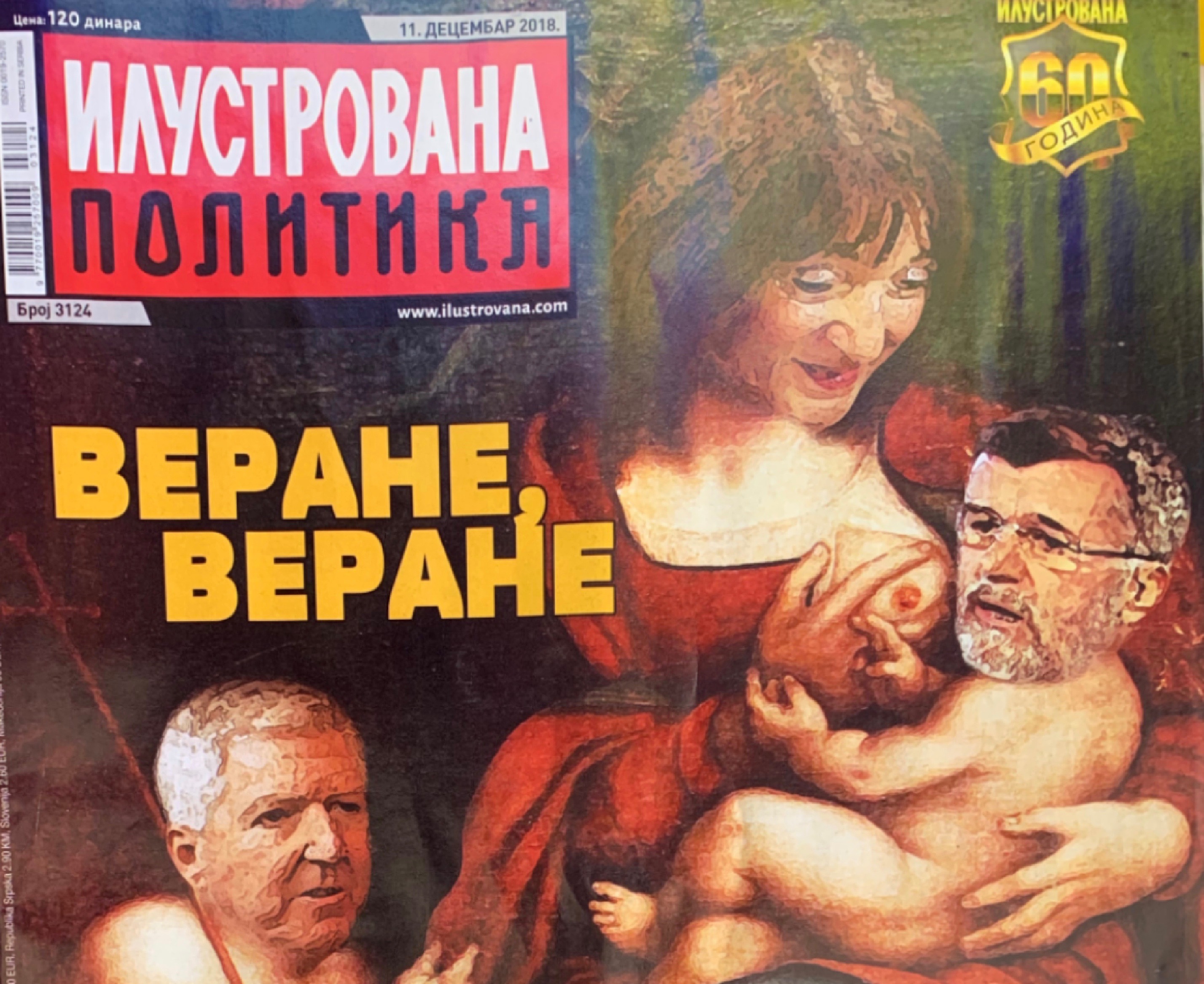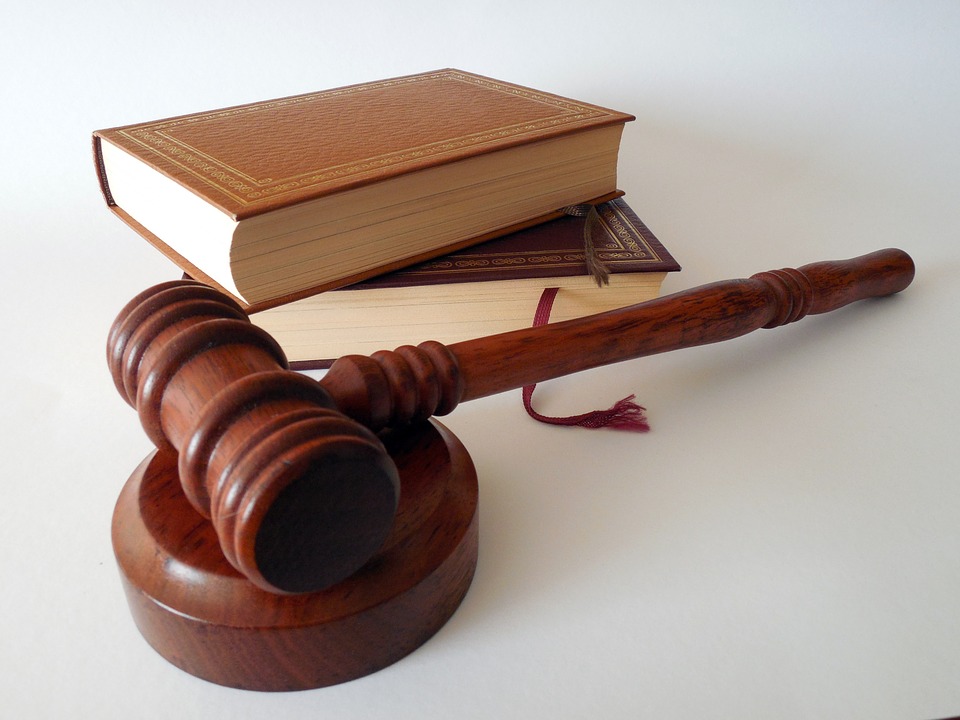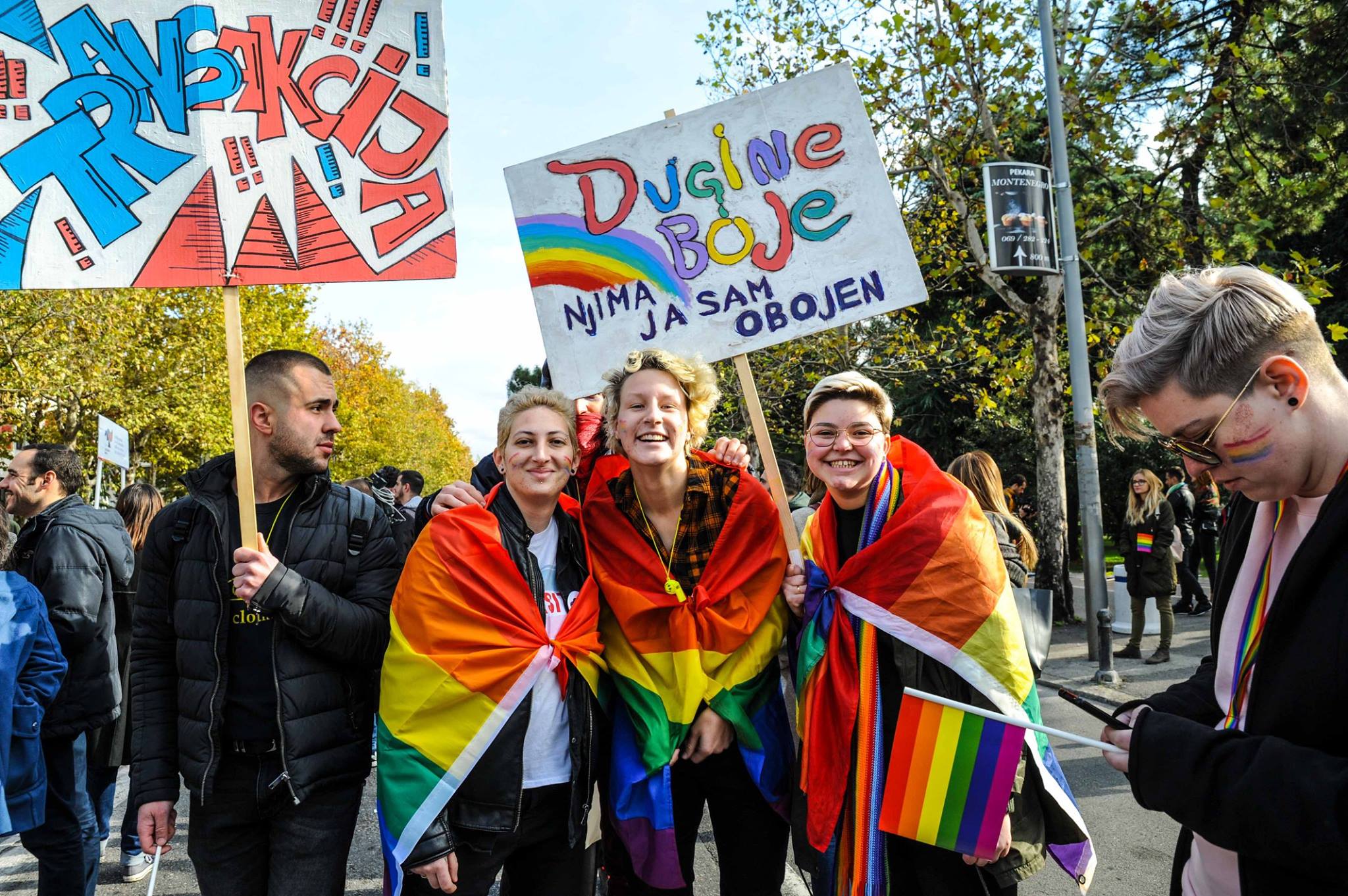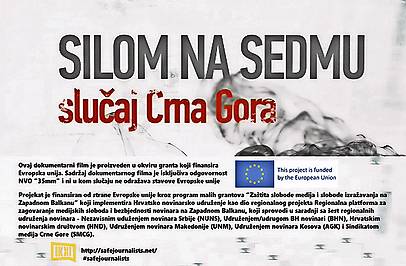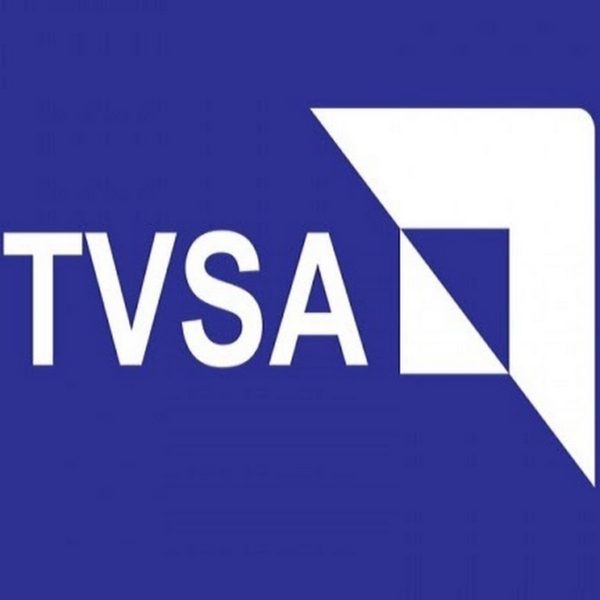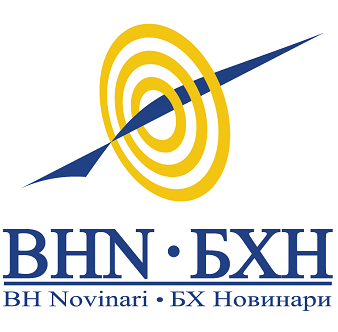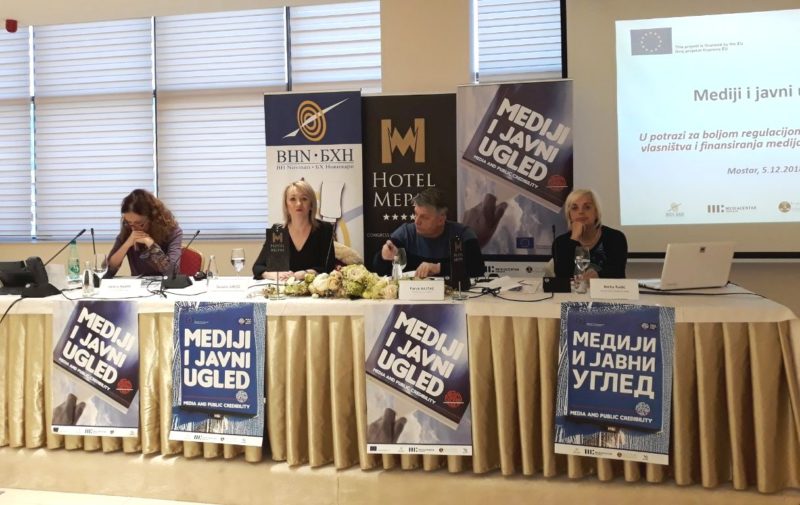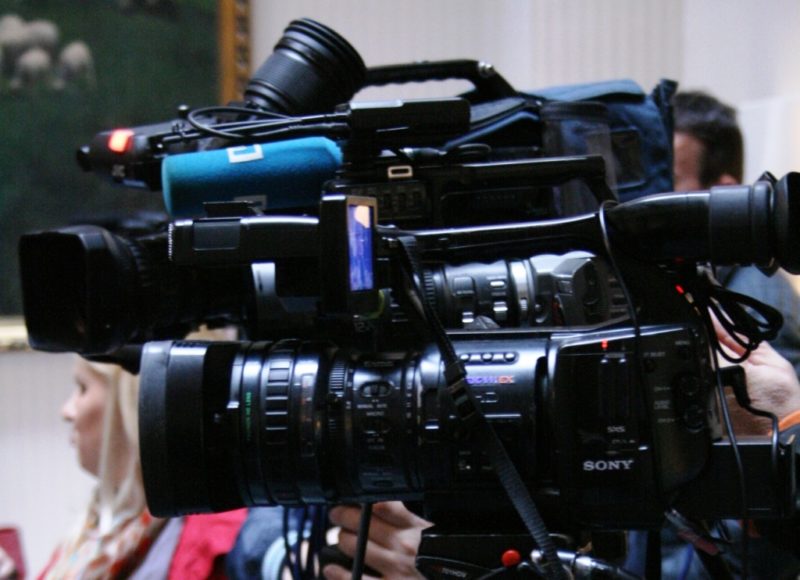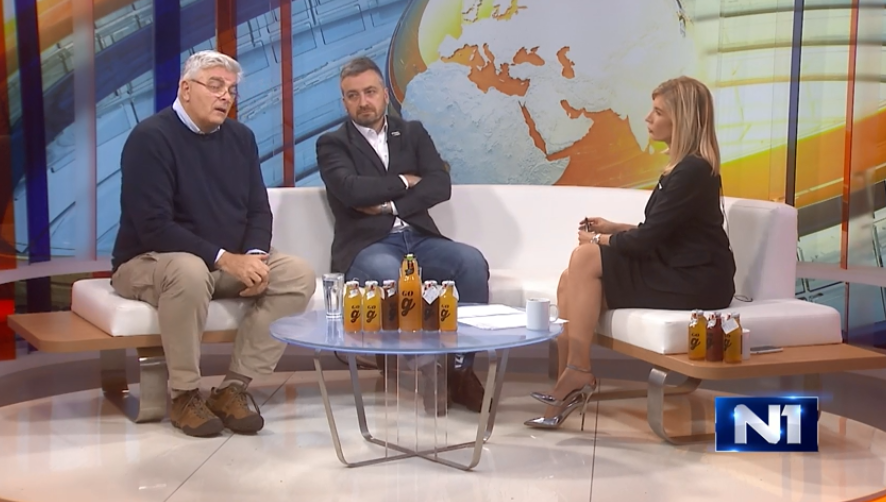SARAJEVO, 10.12.2018.-If freedom of expression should represent the fundamentals principles of democracy for its development, it seems that the same fundamentals principles in Bosnia and Herzegovina obviously malfunction. The basic right to freedom of expression should be guaranteed to every single individual, but it appears that this right is hardest and most difficult to be applied, implemented and practiced with journalists because they have constantly been deprived of this right in many different ways at many different levels.
Depriving journalist of their fundamental rights is perhaps best demonstrated by certain individuals, institutions or particular interest – based groups and lobbies, that cannot accept direct critics addressed and directed against them, so, therefore, they do not hesitate to apply pre-checked methods in order to reply and respond to these critics; they consequently put pressure on journalists, threaten journalists, blackmail them, press charges against journalists, ignore their enquires, emails etc.
Freedom of expression, at least as far as media scene in East Herzegovina is concerned, almost does not exist in reality and practice. Many fail the test concerning the right to freedom of expression, regarding the rights of East Herzegovina journalists and their investigative and survey stories that concern the general public. Those journalists that “dare” to do that (investigative and survey journalism), encounter obstacles almost everywhere and are deprived of their fundamental rights to free expression. Although limited in numbers, there are few media houses I this particular region that manages to work under such hard and obstructive conditions.
They somehow do manage to prevail with their work and sustain in the media field, only because of the work conducted by few responsible individuals who still believe and are convinced that their occupation is an honest job and trade and they should accordingly act in that direction. In Trebinje alone, there are around 20 media and self – proclaimed media houses. Legal disorder, as far as the online media sphere is concerned, enables almost everyone to set up their own private media online house and publish or post information based on their own will and desire, so one could, observing this particular market as a neutral person standing aside, conclude that freedom of expression, at least to some extent, does exist in reality.
However, according to information posted on the internet, the information posted by various local websites are almost identical, so once again, one could conclude that media pluralism does not necessarily mean pluralism of different ideas, attitudes, opinions, and views, at least as far as certain public events, venues or affairs are concerned.
Unified providing of information has come as a result and consequence of the emerging of limited journalism freedoms, where auto-censorship and self-censorship also emerged as an inevitable occurrence. If a journalist does not bound to auto-censorship, powerful centers (that do not agree with certain and specific media contents and programs), usually ignore these media houses along with their representatives, they impose them with pressure, or direct open threats against them and eventually, they press charges against such media houses and their representatives.
Media houses consequently find very hard to support court proceedings in terms of finances, because most of these media houses have already been financially exhausted. During the mission of limiting the freedom of expression, the easiest way would be ignoring the Law on Free Access to Information and its provisions, and state and public institutions have indeed mastered this practice. The manager of one of many public companies in Trebinje, had perhaps best illustrated the relationship between institutions and powerful figures, towards the Law on Free Access to Information; namely, once we asked him to explain why he had refused or rejected to provide us with particular information in accordance with the law, his response and reply really spoke for itself:
”The law exists so we could eventually disobey it and break it”, he responded!
Breaking the law is something that happens often and something that Mrs. Jelena Denda Borjan, a female journalist working for the “Direkt” (local website) is very familiar with. For the period of last two months, enquires regarding free access to information, sent or e-mailed by “Direkt” journalists, were completely and easily ignored by public institution officials. Although the law enables and allows any citizen to require and demand information being under the control official authorities, Trebinje City Council officials, also, after being enquired by “Direkt” website journalists, responded by demanding the “Direkt” officials that, in order to reply to their questions and enquires, they (“Direkt” website people), must submit an official registration form for this media house and only after they have received it , they “may consider responding and replying to “Direkt” enquires, but only upon request”.
“We did send our enquires typed on our official memo letter and we also send a company registration number under which the “Direkt” website works and operates, but even after this, and even after the explanation that the law enabled and allowed every citizen to have access to information, there were no positive results. Recently, even the director of the local radio station refused to provide us with certain information although he has been employing journalists himself. Getting information, apart from this law, is almost impossible, because when you press charges against for failing to provide you with information, the path to justice is very long, due to lazy work by judiciary institutions, so very few people actually decide to press charges in order to receive required and necessary information”, claims Mrs. Denda – Borjan, emphasizing that journalists working in smaller communities are particularly working under exceptional pressure.
Although we act professionally, we display and highlight the facts inadequate, honest, appropriate and transparent way and we do invite our collocutors; still, we get many verbal threats and court charges etc. Often, politicians, being subject to our posts or stories, openly outline and emphasize that they know members of our families, relatives etc, and imposing a thus subtle way of pressure against us. It is necessary to improve the work conducted by judiciary institutions at all levels, so all individuals that we ask to provide us with specific information, could have in mind or take into serious consideration, that they might be financially fined and punished, should they fail in allowing us to have free access to information.
Also, it would be additionally encouraging to impose monetary fines directly against an individual, that is, a person who would fail to provide information and ignore the provisions of the law on Free Access to Information, because it would again force these persons to become more conscious as far as information provided is concerned, claimed Mrs. Denda – Borjan. Marija Manojlovic, a female journalist from Trebinje, also outlined that the trend of limitations and reducing of journalists freedoms is undergoing, as far as local media houses are concerned.
“Journalists right to freedom of expression, but also a fair and responsible relationship towards journalism, as a professional occupation, has been questioned and has become subject to dilemma and disputes. Politicians allow themselves to prepare and edit news programs, including commercial advertisers and other interest-based groups, and unfortunately, they are often completely allowed to do this. Journalists, in their fight for their own existence often forget or ignore fundamental principles upon which journalism, as a professional occupation, is based. Those that dare to refuse censorship or even reject auto-censorship, take a great risk, and are often being put under a lot of pressure; they also often get direct threats, they are often assaulted and consequently put their jobs at stake”, Mrs. Manojlovic said.
She emphasized that the biggest problem for journalists is if the other side decides to ignore the request for having free access to information. “Public institutions and authorities shall not express their concerns and shall not worry, once they receive unusual and embarrassing questions to their address; they will simply ignore the provisions of the law on Free Access to Information. This is very simple”, she concluded.
An illustrative example of the fight against the limitations of freedom of expression in media scene in BiH was presented by the Center for Investigative Reporting (CIN) because they won nine court cases against the institutions whose officials failed to provide the required information.
This text is a part of E-Bulletin–the third edition of the special serial of BHJ online bulletin implemented as part of the following project: Reinforcing Judicial Expertise on Freedom of Expression and the Media in South-East Europe (JUFREX).


